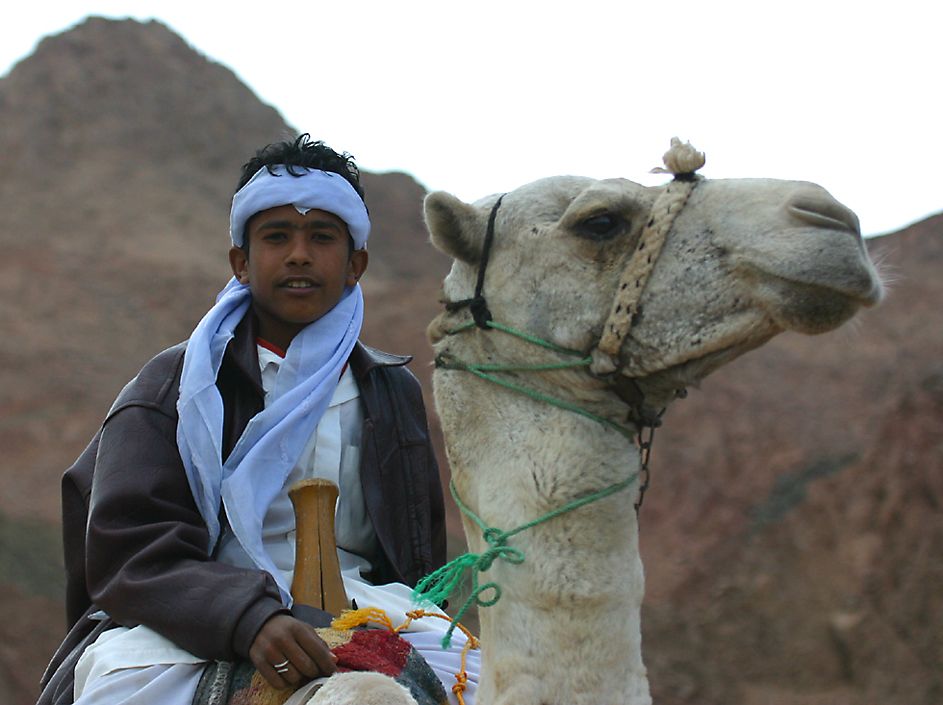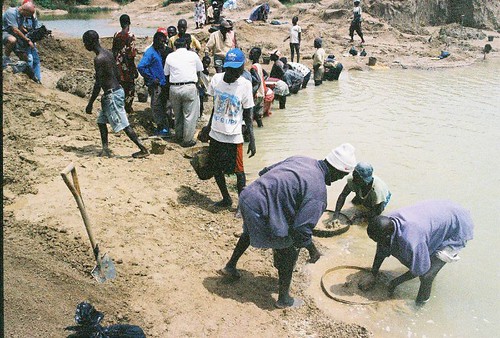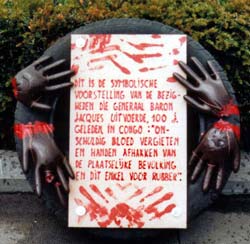I made a Unit Plan for the final project because I teach, simple as that. I like making Unit Plans now, as compared to in the past because I know what has or can work in a classroom.
Back when I was an intern at, the glorious, Lakeview High School teaching a 9th grade Global Studies course was my primary assignment. It was a a great class because my mentor teach had created it, ensuring that it dealt with world issues, even though it was for young teenagers. As I have mentioned we taught subjects like the Rwanda Genocide and the Genocide (still) happening in Darfur. Pretty heady stuff, but it is never too soon to start teaching it to students, if not now then when? Amazingly 9th grade students possess empathy and are caring when it comes to autrocoties, or at the very least they can fake it well enough to trick me.
My Unit I wrote is probably based more around a 9th grade classroom, though I think it could work at any level by simply replacing certain assignments with high level reading or higher level responses fromt he students. For example, instead of discussing it as a class have them debate it.
My Unit covers quite a bit of ground on various topics. You could spend six weeks on any of these readings or topics, but students and teachers get tired of the same subject after doing it for too long, so I wanted to keep my students moving forward toward new things. I set them up by providing simple background knowledge of Africa and making them learn countries in Africa, much like with our class. I feel bad for any student that has me for History because they will be learning maps of the entire globe, that included the former Eastern Bloc with all the "stan" countries. After the background info is established we are going to hit the ground running, first talking about what happened in Rwanda in the early 90's then making the easy transition over to present day Darfur. After those two genocides, the class is going to focus almost two weeks reading about child soldiers, as well as, their impact on people, families, ect. Then we'll finish up the Unit with a positive spin reading about how people are trying to beter Africa. To finish the Unit they will work on a very braod project about Africa. To say it is broad could be misleading, they will be able to research any African topic they want, getting it cleared with me first so I can ensure there is enough information out there on it. This will be painful, even college students like being told what to work on, but it will be good for them. Choosing their own topic makes them think indeendantly, something that is missing from most of the education system today.
One thing you will notice is that there is very little homework for the assessment of students knowledge. This is not because I got lazy half way through the lesson plans. While teaching in Florida I was told that if I assigned homework I would not get it back 90% of the time. That held pretty much true. I cannot offically say I was told to not assign homework, but if I wanted any of my students to pass homework should not be given much of a weight in the class. Shocking perhaps, but that is the way things are going in the eucation field. I tried to enclude a few meaningful projects for my students to do and class time to work on them, that is how I combat this issue.
6 years ago















































